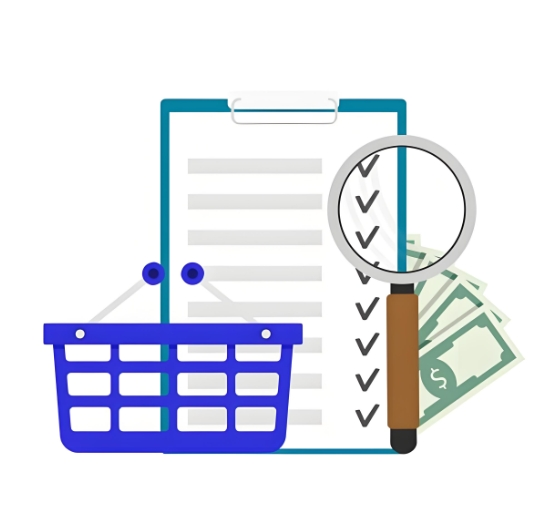- English
- French
- German
- Portuguese
- Spanish
- Russian
- Japanese
- Korean
- Arabic
- Greek
- German
- Turkish
- Italian
- Danish
- Romanian
- Indonesian
- Czech
- Afrikaans
- Swedish
- Polish
- Basque
- Catalan
- Esperanto
- Hindi
- Lao
- Albanian
- Amharic
- Armenian
- Azerbaijani
- Belarusian
- Bengali
- Bosnian
- Bulgarian
- Cebuano
- Chichewa
- Corsican
- Croatian
- Dutch
- Estonian
- Filipino
- Finnish
- Frisian
- Galician
- Georgian
- Gujarati
- Haitian
- Hausa
- Hawaiian
- Hebrew
- Hmong
- Hungarian
- Icelandic
- Igbo
- Javanese
- Kannada
- Kazakh
- Khmer
- Kurdish
- Kyrgyz
- Latin
- Latvian
- Lithuanian
- Luxembou..
- Macedonian
- Malagasy
- Malay
- Malayalam
- Maltese
- Maori
- Marathi
- Mongolian
- Burmese
- Nepali
- Norwegian
- Pashto
- Persian
- Punjabi
- Serbian
- Sesotho
- Sinhala
- Slovak
- Slovenian
- Somali
- Samoan
- Scots Gaelic
- Shona
- Sindhi
- Sundanese
- Swahili
- Tajik
- Tamil
- Telugu
- Thai
- Ukrainian
- Urdu
- Uzbek
- Vietnamese
- Welsh
- Xhosa
- Yiddish
- Yoruba
- Zulu
What Are Buyers Really Looking for When They Choose Lycopene Powder?
It’s interesting how often Lycopene Powder shows up in conversations between buyers and suppliers lately. It used to be a nice-to-have, but now a lot of formulators are asking about it first. Maybe it's because the natural ingredient trend hasn’t slowed down, or maybe because customers are starting to ask more questions about what's actually in the products they buy. Whatever the reason, if you're in the business of sourcing ingredients for supplements or functional foods, you’ve probably noticed that Lycopene Powder keeps getting more attention.

When you look at the product listings or talk to distributors, there’s a pretty clear shift. Instead of focusing only on common ingredients, buyers are asking about color, solubility, shelf life, and of course, price — and Lycopene Powder tends to check those boxes in a simple way. It blends easily, the color is strong and stable, and it’s relatively low-risk in terms of sourcing issues. You won’t be chasing new COAs every week or worrying about inconsistent batches. That kind of predictability matters in this business.
Another reason buyers seem to care about Lycopene Powder is how flexible it is across product categories. You’ll see it in softgels, drink powders, gummies, capsules — even in some topical formulations. That means once a customer tests and approves it for one line, it often gets rolled out into others. So a single deal can turn into multiple SKUs over time. That kind of scalability is something procurement teams pay attention to, especially when margins are getting squeezed.

There’s also the story part. Even if a buyer isn’t too focused on the technical side, they know their customers want clean labels and traceable sourcing. Lycopene Powder, being from tomatoes, fits well into that “from nature” story that consumers like to see. It’s not overly complicated, it doesn’t need much explanation, and you can position it in a product without needing to educate the entire sales team. That saves time, and time equals lower cost.
Of course, pricing is always part of the conversation. Lycopene Powder is competitive, especially if you're buying in volume. But what a lot of B2B buyers really care about now isn’t just the lowest number — it’s the stability of that number. If they can lock in a supply that won’t jump around or get caught in logistics messes, they’ll take it. And this ingredient tends to deliver on that. It’s not immune to delays, but compared to some trendy raw materials, it’s way more predictable.
Some clients also mention how easy it is to work Lycopene Powder into existing formulas. You don’t need a ton of reformulation or adjustments. That means quicker R&D cycles and fewer bottlenecks. For brands trying to move fast — especially private-label lines — that’s a win. They can go from sampling to production without a six-month back-and-forth between labs and marketing.

At the end of the day, no one’s saying Lycopene Powder is some miracle ingredient. But for a lot of buyers and formulators, it hits the right mix of practical and marketable. It’s familiar but still useful. And when you’re building out a reliable supply chain and don’t want surprises, that’s the kind of ingredient you look for.
IF You Are Interested In The Products We Operate And Other Related Categories, Please Write To Us And Contact Us. At The Same Time, You Can Also Browse Our Website To Find The Products You Want. We Provide Customized Services And Look Forward To Establishing Cooperation With You.
Email:sales@greenherbbt.com
